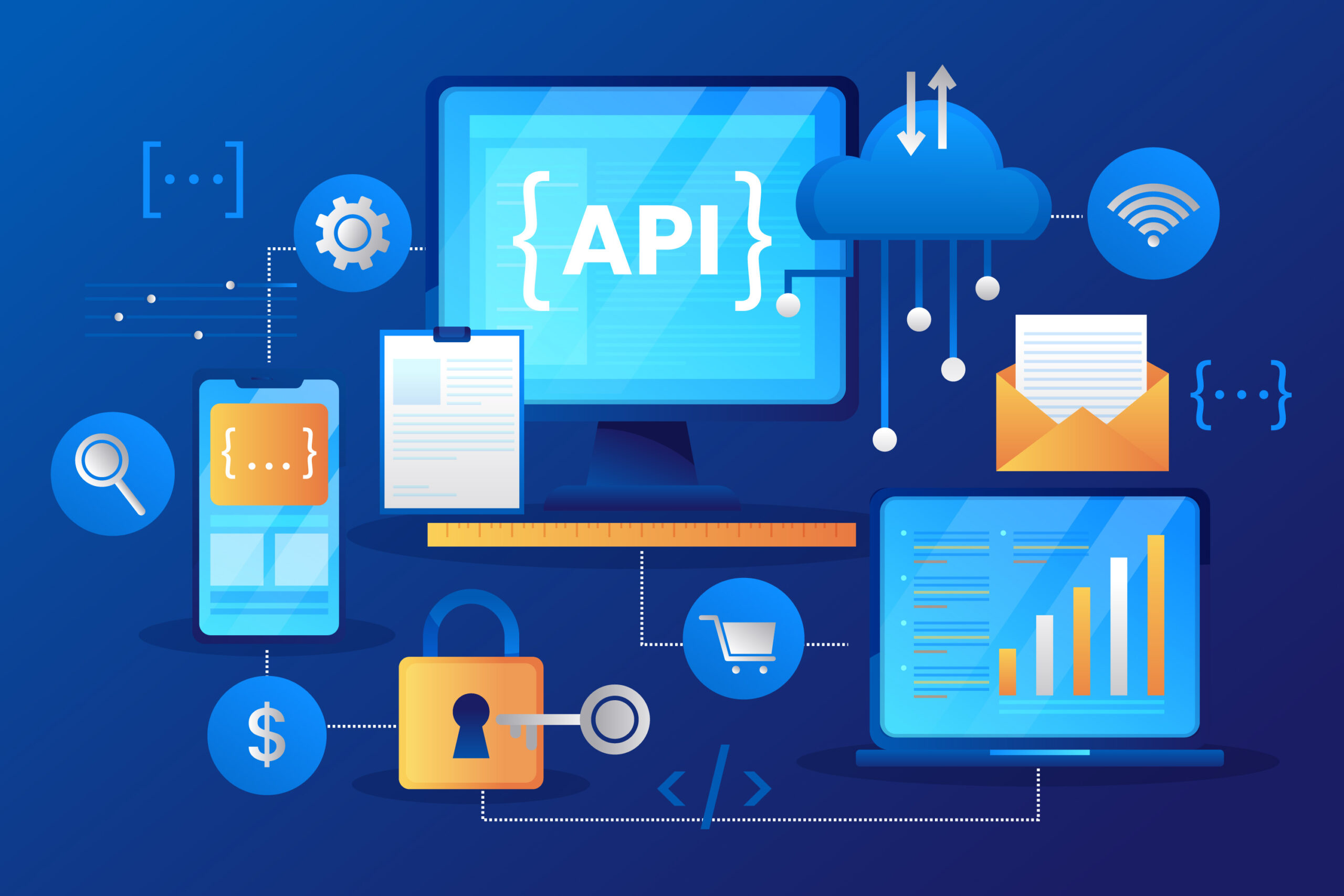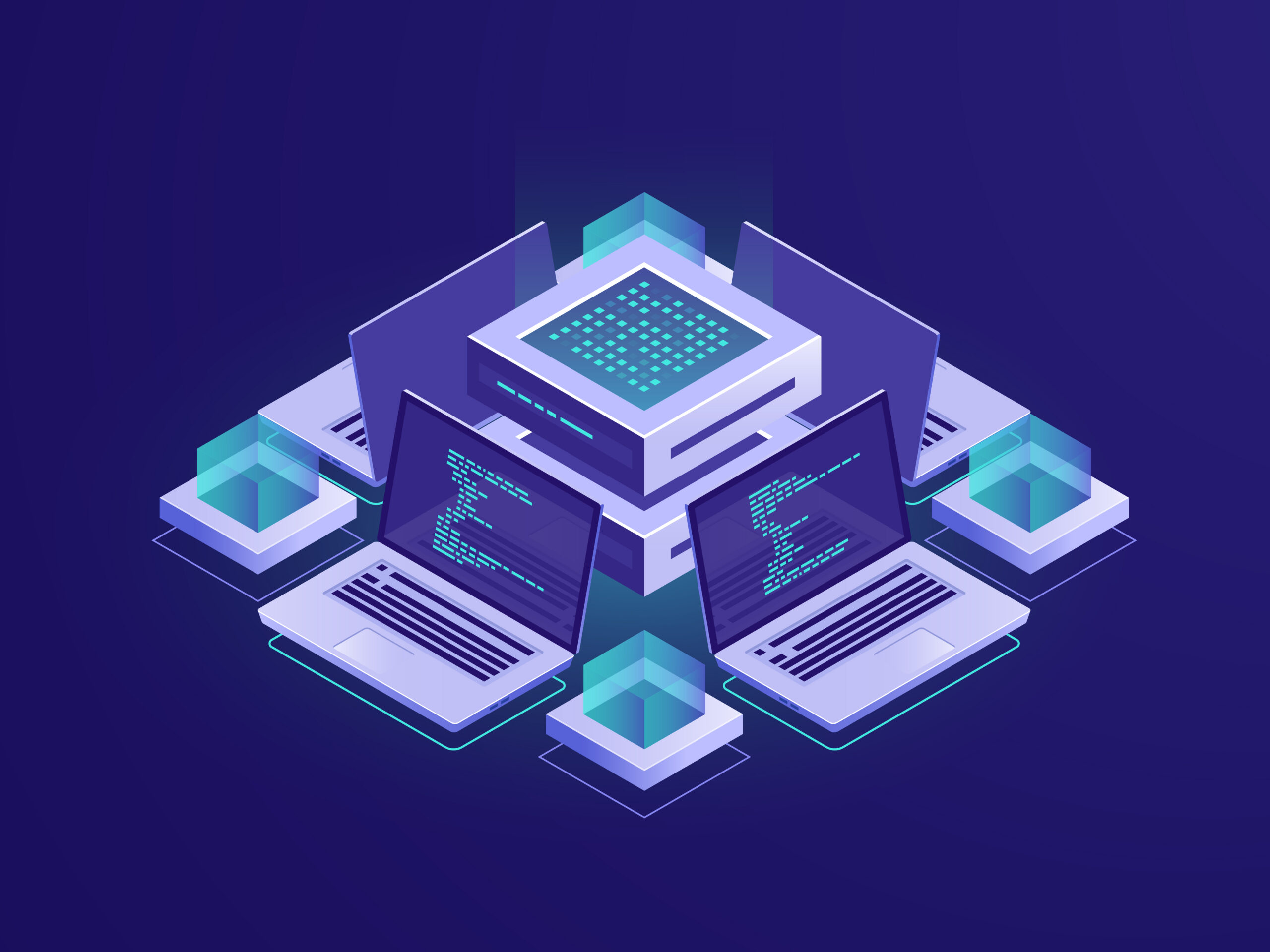
Workday Extend: The Strategic Guide to Building Your Unique Digital Ecosystem
The Paradox of Standardization vs. Unique Business Needs
For years, enterprise leaders have faced a frustrating dilemma. On one hand, implementing a robust, unified system like Workday delivers immense value through standardization, streamlined processes, and a single source of truth for human capital data. This “one-size-fits-all” approach is efficient, scalable, and drives operational excellence. On the other hand, no two businesses are identical. Your organization’s competitive advantage often lies in its unique processes, industry-specific requirements, and distinctive employee experiences—precisely the areas that standardized software, by its very nature, struggles to address.
The traditional solutions to this paradox have been equally problematic. Building custom, standalone applications creates data silos and integration nightmares. Relying on a tangle of third-party point solutions leads to a fragmented tech stack, soaring total cost of ownership (TCO), and a poor user experience. The question has persisted: must you sacrifice uniqueness for the sake of standardization, or vice versa?
Workday Extend is Workday’s definitive answer to this long-standing challenge. It represents a fundamental shift from a closed, albeit comprehensive, application to an open, adaptable platform. This article will serve as your strategic guide to understanding how Workday Extend allows you to build your unique digital ecosystem directly on top of your core Workday foundation, finally resolving the standardization paradox.
What is Workday Extend? (Demystifying the Platform)
At its core, Workday Extend is a transformative tool that empowers organizations to create, deploy, and manage custom applications that are inherently part of the Workday environment. To fully grasp its impact, it’s crucial to move beyond thinking of it as just another module or feature.
It’s Not a Module, It’s a Platform-as-a-Service (PaaS)
Workday Extend is not a pre-packaged HCM module like Recruiting or Payroll. Instead, it is a fully managed, low-code to pro-code Platform-as-a-Service (PaaS). This distinction is critical.
- Fully Managed: Workday handles the underlying infrastructure, databases, security patches, and platform updates. This means your IT team is freed from the burden of managing servers, runtime environments, and backend operations, allowing them to focus purely on creating business value.
- Low-Code/Pro-Code: The platform provides a suite of tools, including a Web IDE (Integrated Development Environment) and graphical designers, that cater to different skill sets. “Citizen developers” in business units can use low-code tools for simpler applications, while professional developers can use pro-code tools (like Java) for complex, enterprise-grade solutions.
Think of it this way: If core Workday is a perfectly designed, move-in-ready house, Workday Extend is the permission, tools, and materials to build custom additions—a sunroom, a workshop, a new deck—that are seamlessly integrated into the original structure, using the same plumbing, electrical wiring, and foundation.
The Core Value Proposition: Build, Integrate, and Extend on a Unified Foundation
The power of Workday Extend lies in its native integration with the core Workday system. Applications built with Extend are not external bolt-ons; they are first-class citizens within your Workday tenant. This provides a unified foundation that delivers three core capabilities:
- Build: Create entirely new applications that address gaps in your business processes. These apps can have their own user interfaces, business logic, and data models.
- Integrate: Connect Workday with external systems in a more robust and seamless way than traditional point-to-point integrations. Extend apps can act as intelligent intermediaries, orchestrating complex data flows.
- Extend: Add new fields, screens, and workflows directly to existing Workday objects and business processes, tailoring the core experience without “customizing” the base system.
Because these applications are built on the platform, they inherently leverage Workday’s world-class security model, business process framework, reporting tools, and user authentication. This eliminates the security and compliance risks typically associated with external custom software.
Ready to Build Your Unique Digital Ecosystem with Workday Extend?
Workday Extend empowers businesses to create custom apps and experiences that expand Workday’s core capabilities. Sama Integrations helps enterprises design, develop, and deploy Workday Extend solutions that drive innovation and efficiency. Connect with us to start transforming your Workday ecosystem today.
Why Workday Extend? The Compelling Use Cases
The theoretical benefits of a PaaS are clear, but its true value is revealed in practical application. Let’s explore some of the most powerful and common use cases that are driving adoption across industries.
Use Case 1: Crafting Unique Industry-Specific Solutions
Off-the-shelf HCM is designed for the common denominator, but many industries have specialized needs that fall outside this scope.
- Healthcare: A large hospital network needed to track complex clinician credentialing, licensure, and certification requirements across multiple states. Using Workday Extend, they built a custom “Credentialing and Compliance Tracker.” This app automatically pulls worker data from core HCM, provides a dashboard for managers to track expiring credentials, and integrates with external licensing boards to automate verification, significantly reducing compliance risk.
- Higher Education: A university was struggling to manage the intricate faculty tenure process and research grant lifecycle using generic Workday capabilities. They used Extend to create a tailored “Faculty Tenure and Grants Management” application. This system manages committee reviews, publication tracking, grant budgeting, and fund allocation, all while feeding final outcomes back into the core HCM record for compensation and position management.
- Manufacturing & Retail: A global manufacturing firm used Workday Extend to build a custom “Supply Chain Labor Deployment” app. This tool forecasts labor needs based on production schedules from their ERP, identifies available skilled workers from the HCM system, and manages temporary worker assignments across facilities, optimizing workforce utilization in real-time.
Use Case 2: Automating Complex, Cross-Functional Processes
Many of the most cumbersome processes in an organization span multiple departments and systems. Workday Extend is ideal for building “orchestration” layers that automate these workflows.
- New Location Launch: For a rapidly expanding retail business, opening a new store involves HR (hiring), IT (provisioning equipment), Finance (setting up cost centers), and Facilities (managing leases). An Extend app was built to act as a “project command center.” Initiating a new location launch in the app automatically triggers all dependent processes across systems, providing a single pane of glass for tracking progress and eliminating manual handoffs.
- M&A Employee Onboarding: Acquiring a company and integrating hundreds of employees is a monumental task. An Extend application can streamline this by creating a unified intake portal that orchestrates data collection, background checks, equipment ordering, and orientation scheduling, ensuring a consistent and efficient experience for all new joiners from the acquired entity.
Use Case 3: Creating Tailored Employee & Manager Experiences
Employee expectations for technology at work are now shaped by their experiences as consumers. Workday Extend allows you to build intuitive, role-based experiences that boost adoption and productivity.
- Contingent Workforce Portal: Many companies have a large contingent workforce managed through a Vendor Management System (VMS) outside of Workday. An Extend app can create a unified portal where hiring managers can request, approve, and manage both full-time and contingent workers, all within the familiar Workday interface. This provides a holistic view of team headcount and spending.
- Strategic Talent Marketplace: Beyond Workday’s internal talent marketplace, an organization could use Extend to build a more advanced platform that includes mentorship matching, micro-project assignments, and skills-based gig work, all designed to foster internal mobility and development in a way that aligns with their specific corporate culture.
- Simplified Manager Dashboards: While Workday offers robust reporting, managers often need a hyper-simplified view. An Extend app can be built to provide a “Manager Cockpit”—a single screen showing key team metrics like headcount, turnover risk, compensation benchmarks, and open requisitions, with easy one-click actions.
Ready to Build Your Unique Digital Ecosystem with Workday Extend?
Workday Extend empowers businesses to create custom apps and experiences that expand Workday’s core capabilities. Sama Integrations helps enterprises design, develop, and deploy Workday Extend solutions that drive innovation and efficiency. Connect with us to start transforming your Workday ecosystem today.
The Tangible Benefits: What You Gain by Extending
The use cases above translate into concrete, measurable benefits that resonate with C-level executives.
Accelerated Innovation at a Lower TCO
Speed to market is a critical competitive differentiator. Workday Extend dramatically reduces the time required to go from an idea to a production-ready application. The pre-built integration with core HCM data and security means developers spend less time on plumbing and more time on functionality. Furthermore, because the platform is fully managed, you avoid the significant capital and operational expenses associated with maintaining standalone application servers, databases, and integration middleware. This results in a lower Total Cost of Ownership (TCO) for custom solutions compared to any other development approach.
Future-Proofing Your HR Tech Stack
One of the biggest fears with traditional customization is that it will “break” during a vendor upgrade. This often leads to “version-lock,” where companies delay essential updates to protect their fragile custom code. Workday Extend is designed to be upgrade-safe. Because your Extend applications are built on a dedicated layer of the platform, they are insulated from the updates Workday makes to its core applications. This means you can continuously innovate with your custom apps while still benefiting from Workday’s twice-annual releases, truly future-proofing your investment.
Maintaining a Single Source of Truth
Before Extend, building a custom application often meant creating a new, separate database. This instantly created a data silo, leading to reconciliation issues, reporting discrepancies, and broken processes. With Workday Extend, applications primarily read from and write to the core Workday system itself. There is no need to create a duplicate “skills” or “projects” database. This preserves Workday as the single, authoritative source of truth for all human capital data, ensuring integrity and consistency across the entire ecosystem.
The Workday Extend Development Lifecycle: A Strategic Overview
Success with Workday Extend requires a disciplined, strategic approach. The development lifecycle, while iterative, can be broken down into four key phases.
Phase 1: Ideation and Discovery
This is the most critical phase. It involves identifying a high-value business problem that is a good fit for the platform. Key activities include:
- Workshop Facilitation: Bringing together business stakeholders, HR process owners, and IT architects to define the problem, desired outcomes, and success metrics.
- Feasibility Assessment: Evaluating whether the solution requires data or functionality that exists outside of Workday’s reach, and planning for those integrations.
- ROI Analysis: Quantifying the value of the solution in terms of efficiency gains, risk reduction, or revenue enablement.
Engaging a firm that provides strategic expert Workday advisory services at this stage can be invaluable for ensuring your vision is aligned with platform best practices and has a high probability of success.
Phase 2: Design and Architecture
In this phase, the conceptual idea is translated into a technical blueprint.
- Data Model Design: Defining the custom objects needed and how they relate to core Workday objects (e.g., Worker, Position, Cost Center).
- User Experience (UX) Mock-ups: Designing the interface and user flow to ensure an intuitive experience.
- Integration Design: Mapping out the data flow between Workday, any external systems, and the new Extend application.
- Security Design: Leveraging Workday’s security groups and domains to control access to the new app and its data.
Phase 3: Development and Testing
This is the build phase, where developers use the Workday Extend tools to bring the design to life.
- Agile Sprints: Development is typically done in short, iterative cycles, allowing for frequent feedback from business stakeholders.
- Rigorous Testing: This includes unit testing, integration testing (with core Workday and external systems), and User Acceptance Testing (UAT) with the business process owners. Testing ensures the app functions correctly and adheres to the defined security model.
This phase is where partners with deep expertise in custom Workday development services truly shine, accelerating the build and ensuring the code is efficient, secure, and maintainable.
Phase 4: Deployment and Continuous Improvement
Launching the application is just the beginning.
- Staged Rollout: Deploying to a pilot group before a full enterprise launch to manage change and gather initial feedback.
- Training & Change Management: Ensuring end-users and managers understand how to use the new tool and how it benefits them.
- Monitoring & Support: Actively monitoring application performance and user adoption. Establishing a support model for bug fixes and enhancement requests is crucial for long-term success. This is where having a plan for ongoing Workday support ensures the application remains a valuable asset.
Ready to Build Your Unique Digital Ecosystem with Workday Extend?
Workday Extend empowers businesses to create custom apps and experiences that expand Workday’s core capabilities. Sama Integrations helps enterprises design, develop, and deploy Workday Extend solutions that drive innovation and efficiency. Connect with us to start transforming your Workday ecosystem today.
Navigating the Challenges: Why Expertise is Non-Negotiable
While powerful, the Workday Extend journey is not without its hurdles. Acknowledging and planning for these challenges is key to a successful outcome.
The Skills Gap: Finding the Right Blend of Talent
Extend development requires a unique blend of skills. Developers need to understand not only modern application development (e.g., Java, REST APIs, BPMN) but also the intricacies of the Workday data model, security architecture, and business process framework. This combination is rare. Building this capability in-house requires significant investment in training and recruitment. Many organizations find that partnering with specialists who already possess this blended expertise is the most efficient path forward.
Strategic Scoping: Avoiding “Customization for Customization’s Sake”
With a powerful new tool at their disposal, there’s a temptation to solve every minor inconvenience with a custom app. This can lead to scope creep, bloated budgets, and a portfolio of low-value applications that still require maintenance. Strong governance is essential. Every Extend project should be justified by a clear business case that demonstrates a return on investment. The question should always be: “Does this app provide a strategic advantage or automate a significant pain point?”
Governance and Change Management
As your portfolio of Extend applications grows, so does the need for a centralized governance model. Who prioritizes new ideas? Who approves the budget? Who is responsible for maintenance? Establishing a Center of Excellence (CoE) with representatives from HR, IT, and Finance can provide the necessary oversight. Furthermore, introducing any new tool requires careful change management. Users need to understand the “what’s in it for me” to ensure high adoption rates.
Your Partner in the Extend Journey: Beyond the Built-In Tools
Workday provides the platform and the core tools, but the true catalyst for success is often the partner you choose. An experienced Workday integration partner brings more than just technical skills; they bring a wealth of accumulated knowledge and strategic insight.
A specialized partner can help you:
- Avoid Common Pitfalls: Their experience from multiple implementations allows them to foresee and avoid common technical and strategic mistakes.
- Accelerate Time-to-Value: They come with pre-built accelerators, frameworks, and a trained team, shortening the learning curve and the development timeline.
- Provide End-to-End Support: From the initial strategic Workday consulting in the ideation phase, through the tailored application development build, and into long-term post-deployment troubleshooting and support, a partner provides continuity and deep expertise throughout the entire application lifecycle.
Ready to Build Your Unique Digital Ecosystem with Workday Extend?
Workday Extend empowers businesses to create custom apps and experiences that expand Workday’s core capabilities. Sama Integrations helps enterprises design, develop, and deploy Workday Extend solutions that drive innovation and efficiency. Connect with us to start transforming your Workday ecosystem today.
Conclusion: Workday Extend as Your Strategic Enabler for the Future
Workday Extend is far more than a technical feature; it is a strategic enabler. It represents a fundamental shift in how enterprises can leverage their core HCM investment. It dissolves the old compromise between standardization and uniqueness, allowing you to have both: the efficiency and power of a unified Workday core, combined with the agility to build the unique capabilities that define your competitive edge.
By embracing Workday Extend, you are no longer just implementing a software system; you are cultivating a dynamic digital ecosystem that can evolve as rapidly as your business does. You are investing in a platform for continuous innovation, one that protects your investment and empowers you to respond to new challenges and opportunities with unprecedented speed.
Unlocking the full potential of Workday Extend requires a blend of vision and technical mastery. If you’re ready to explore how to solve your unique business challenges on a platform you already trust, a conversation with a specialized partner is the ideal next step.



